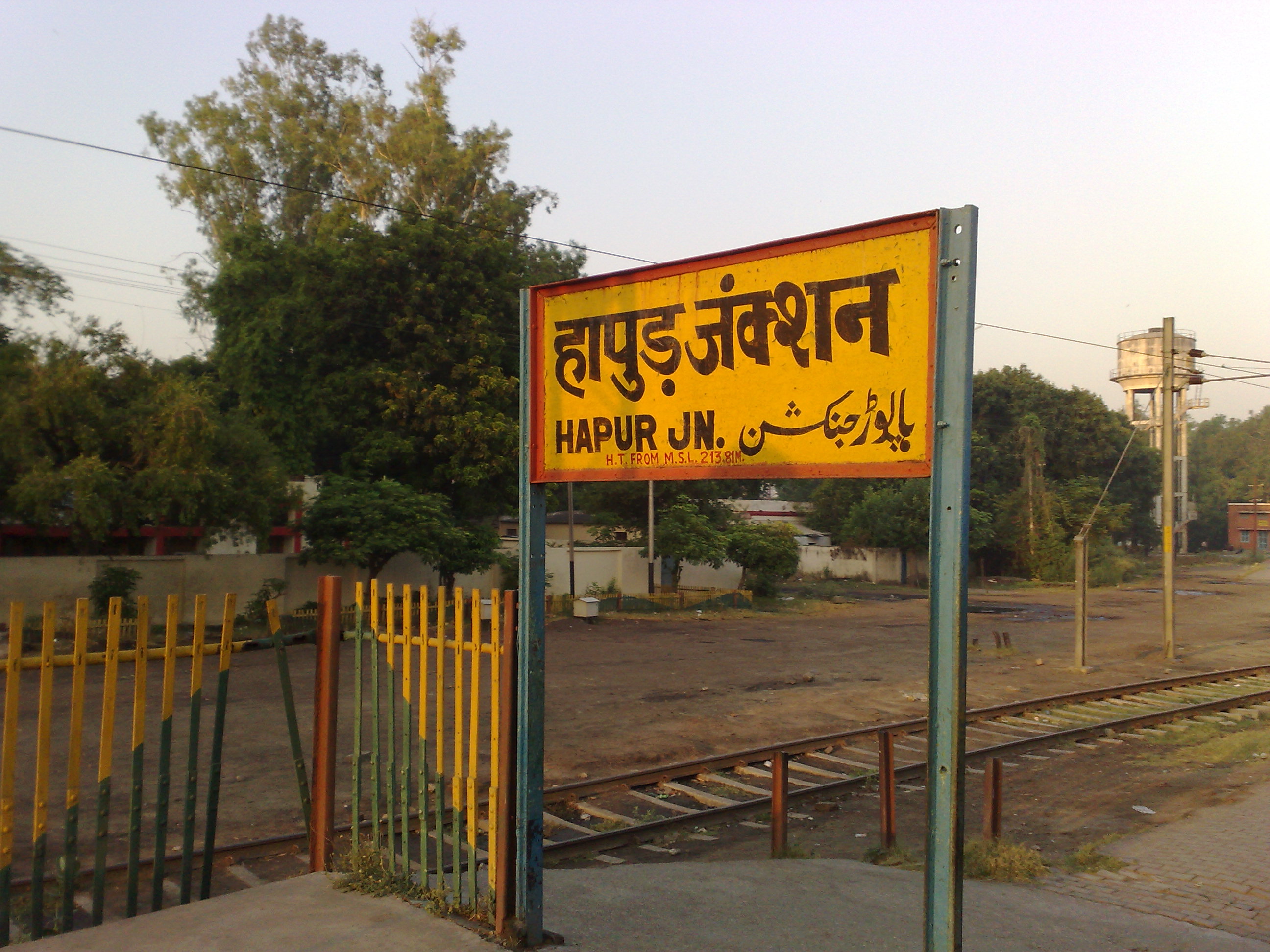|
Fringlish
Franglais () or Frenglish ( ) is a French blend that referred first to the overuse of English words by French speakers and later to diglossia or the macaronic mixture of French () and English (). Etymology The word ''Franglais'' was first attested in French in 1959, but it was popularised by the academic, novelist, and critic René Étiemble in his denunciation of the overuse of English words in French, published in 1964. Earlier than the French term was the English label ''Frenglish'', first recorded in 1937. Other colloquial blends for French-influenced English include ''Franglish'' (recorded from 1967), ''Frenchlish'' (1974), and ''Fringlish'' (1982). English sense In English, ''Franglais'' means a combination of English and French. It evokes the linguistic concepts of mixed language and barbarism. Reasons for this blend could be caused by lexical gaps, native bilingualism, populations trying to imitate a language where they have no fluency (sometimes known as creoles/pid ... [...More Info...] [...Related Items...] OR: [Wikipedia] [Google] [Baidu] |
Diglossia
In linguistics, diglossia ( , ) is where two dialects or languages are used (in fairly strict compartmentalization) by a single language community. In addition to the community's everyday or vernacular language variety (labeled "L" or "low" variety), a second, highly codified lect (labeled "H" or "high") is used in certain situations such as literature, formal education, or other specific settings, but not used normally for ordinary conversation. The H variety may have no native speakers within the community. In cases of three dialects, the term triglossia is used. When referring to two writing systems coexisting for a single language, the term digraphia is used. The high variety may be an older stage of the same language (as in medieval Europe, where Latin (H) remained in formal use even as colloquial speech (L) diverged), an unrelated language, or a distinct yet closely related present-day dialect (as in northern India and Pakistan, where Hindustani (L) is used alongs ... [...More Info...] [...Related Items...] OR: [Wikipedia] [Google] [Baidu] |

